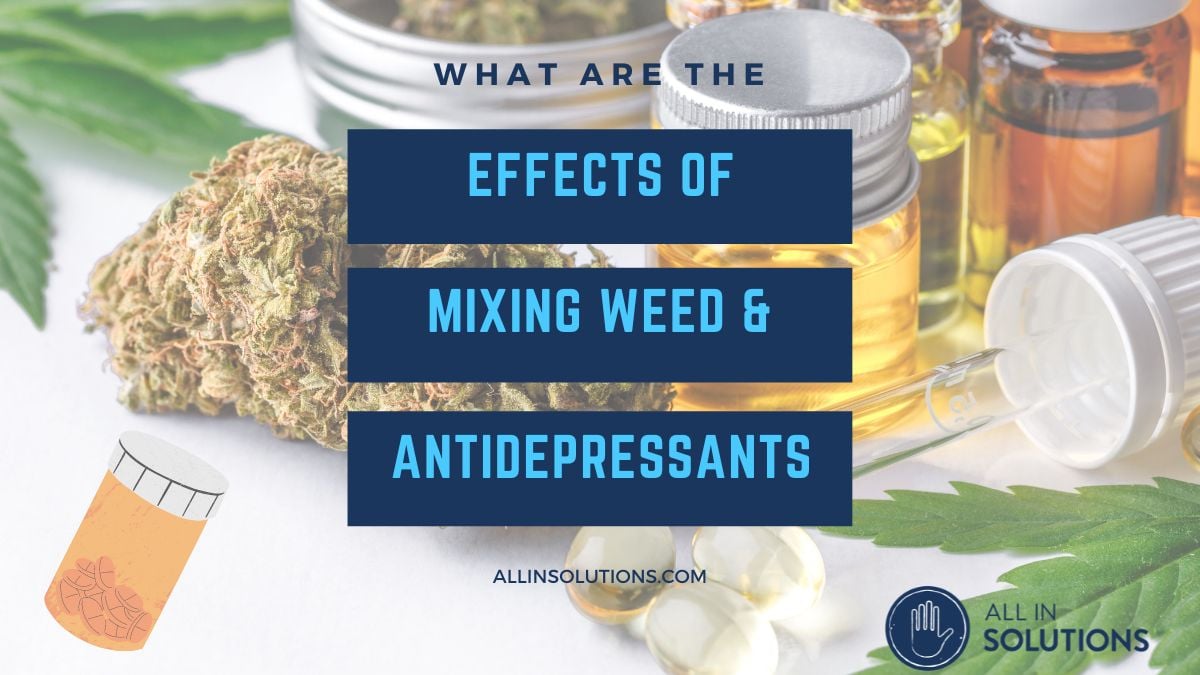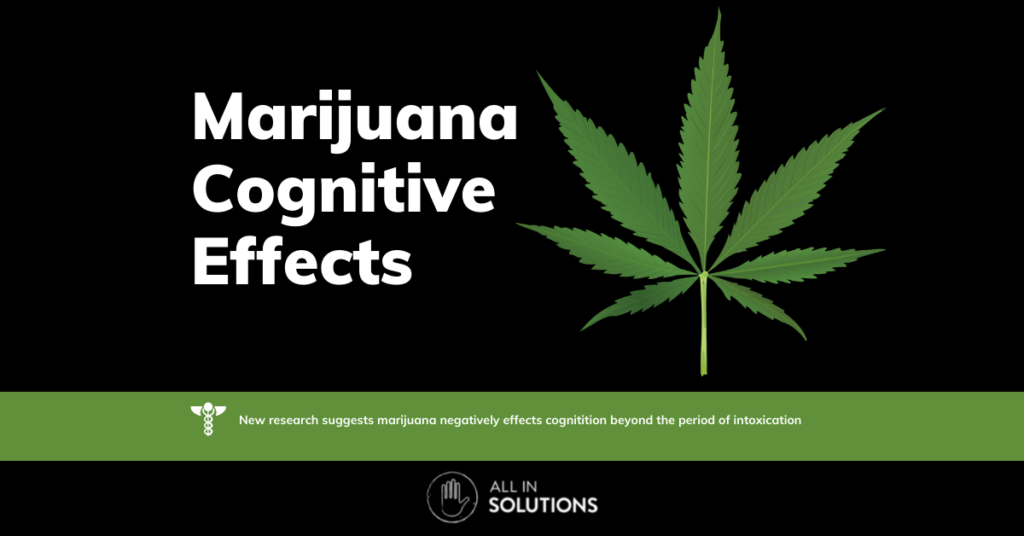Marijuana, or cannabis, is also known as weed. It is a psychoactive drug that is made from Cannabis sativa (or Cannabis indica) plants. THC, which is the main psychoactive component in marijuana, can be smoked or extracted from the plant. The extracted oil can then be smoked or consumed orally. What does marijuana do to antidepressants? Many antidepressants are available, including SSRIs that are frequently used, SNRIs and TCAs. Also, typical depressants such as bupropion and trazodone. Combining weed and antidepressants can lead to adverse side effects.
Smoking weed and taking antidepressants
One of the most commonly cited reasons that physicians and psychiatrists warn their patients against using marjiuana while taking antidepressants is because it impedes the provider’s ability to determine the effects of different medications and dosing. Although there is a strong body of research on many of the most popular antidepressant drugs, it is still difficult to accurately predict what patients will respond to which medications, and what dosages will be most effective. When patients use marijuana or other psychoactive substances while taking antidepressants, it makes it difficult for their prescriber to determine whether the drug/dose they are currently prescribing is effective and whether any adverse reactions are being caused by the antidepressant, the marijuana, or the combination of the two.
In addition, while some users report that marijuana relieves anxiety and depression, others experience amplification of these symptoms. Because the drug is naturally occuring, different strains have different chemical makeups that produce different experiences. Those who are prescribed antidepressants have a pre-existing propensity toward anxiety and depression and may be more likely to have these conditions exacerbated by marijuana use (especially habitual use).
Weed and SSRI
SSRIs (selective serotonin reuptake inhibitors) are the most common class of antidepressant drugs. In recent years, they have taken the place of older drugs that have a higher risk of side effects including monoamine oxidase inhibitors (MAOIs) and tricyclic antidepressants (TCAs). Although there isn’t a ton of research on the interactions between SSRI’s and marijuana, some do suggest that the drugs do effect one another. Specifically, a study published in the Journal of Perosnalized medicine noted that in adolescents Celexa and Lexapro concentrations were increased in patients who used marijuana. In simple terms, the active compound THC alters the way these drugs are broken down which can lead to side effects like cough, diarrhea, dizziness, and fatigue.
High doses of cannabis and antidepressants can lead to mental disorders. Notability: CBD counteracts many negative effects of THC, and plays an important role in fighting anxiety and depression. However, marijuana mixed with other forms of cannabis can lead to cognitive decline, addiction, and long-term health problems.
Related reading:
Did you miss our previous article…
https://www.allinsolutions.com/benefits-of-keeping-a-daily-mental-health-journal/






